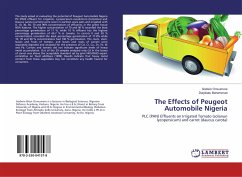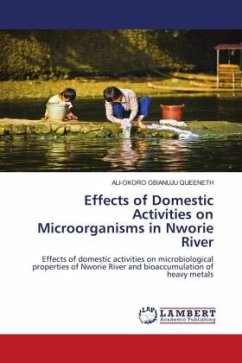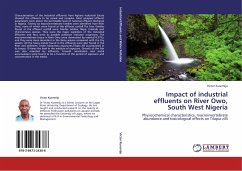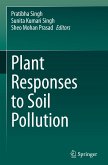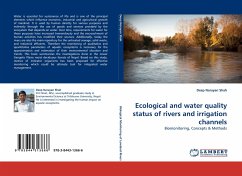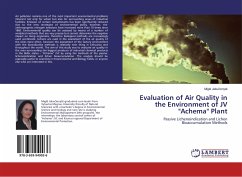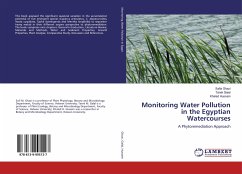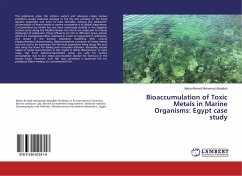The study aimed at evaluating the potential of Peugeot Automobile Nigeria Plc (PAN) effluent for irrigation. Lycopersicum esculentum (tomatoes) and Daucus carota (carrots) were sown in earthen ware pots and irrigated with 0, 10, 30, 50, 70 and 90% concentrations of effluents, in the green house NDA Kaduna. The higher concentration of 70 and 90 % recorded the least percentage germination of 11 %, while 10 % effluent has the highest percentage germination of 66.7 % in tomato. In carrots 0 and 30 % concentration recorded the least percentage germination of 77.8% while 10, 70 and 90 % concentrations had 100 % germination. The roots, stem, leaves and fruits of tomato, and leaves and roots of carrots were separately digested and analysed for the presence of Cd, Cr, Cu, Zn, Fe, Ni and Pb. Carrots and tomato did not indicate significant levels of heavy metal accumulation. Out of the 29 samples analysed only Cd in the leaves of carrot was above the acceptable standard set by joint FAO/WHOexpert committee on food additives (1999). Results indicate that heavy metal content from these vegetables may not constitute any health hazard for consumers.
Bitte wählen Sie Ihr Anliegen aus.
Rechnungen
Retourenschein anfordern
Bestellstatus
Storno

